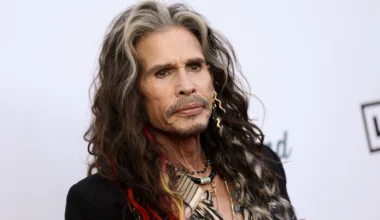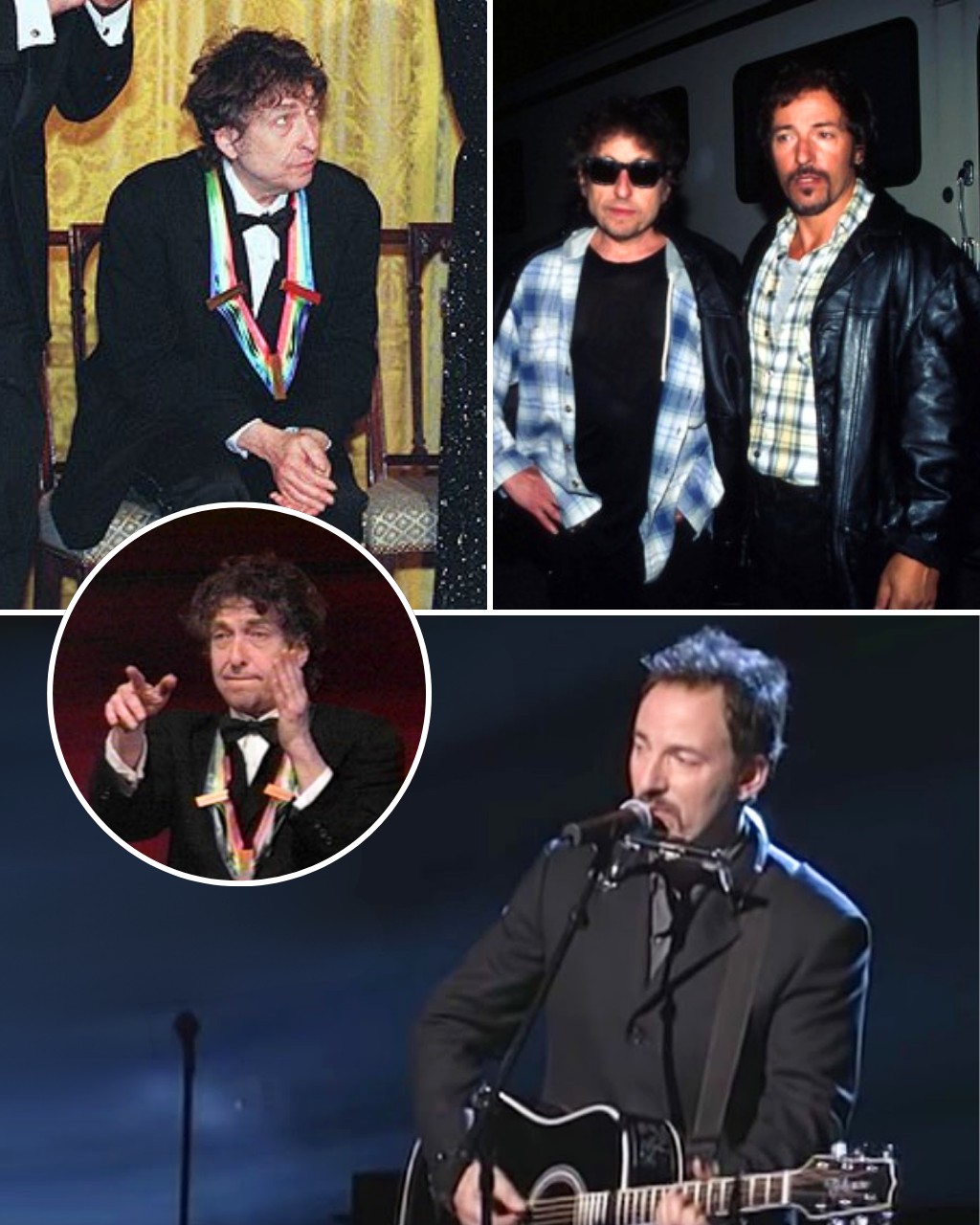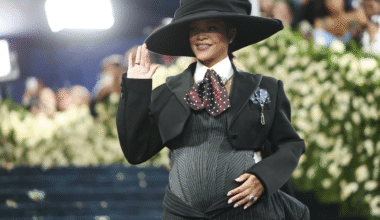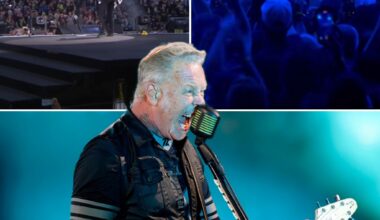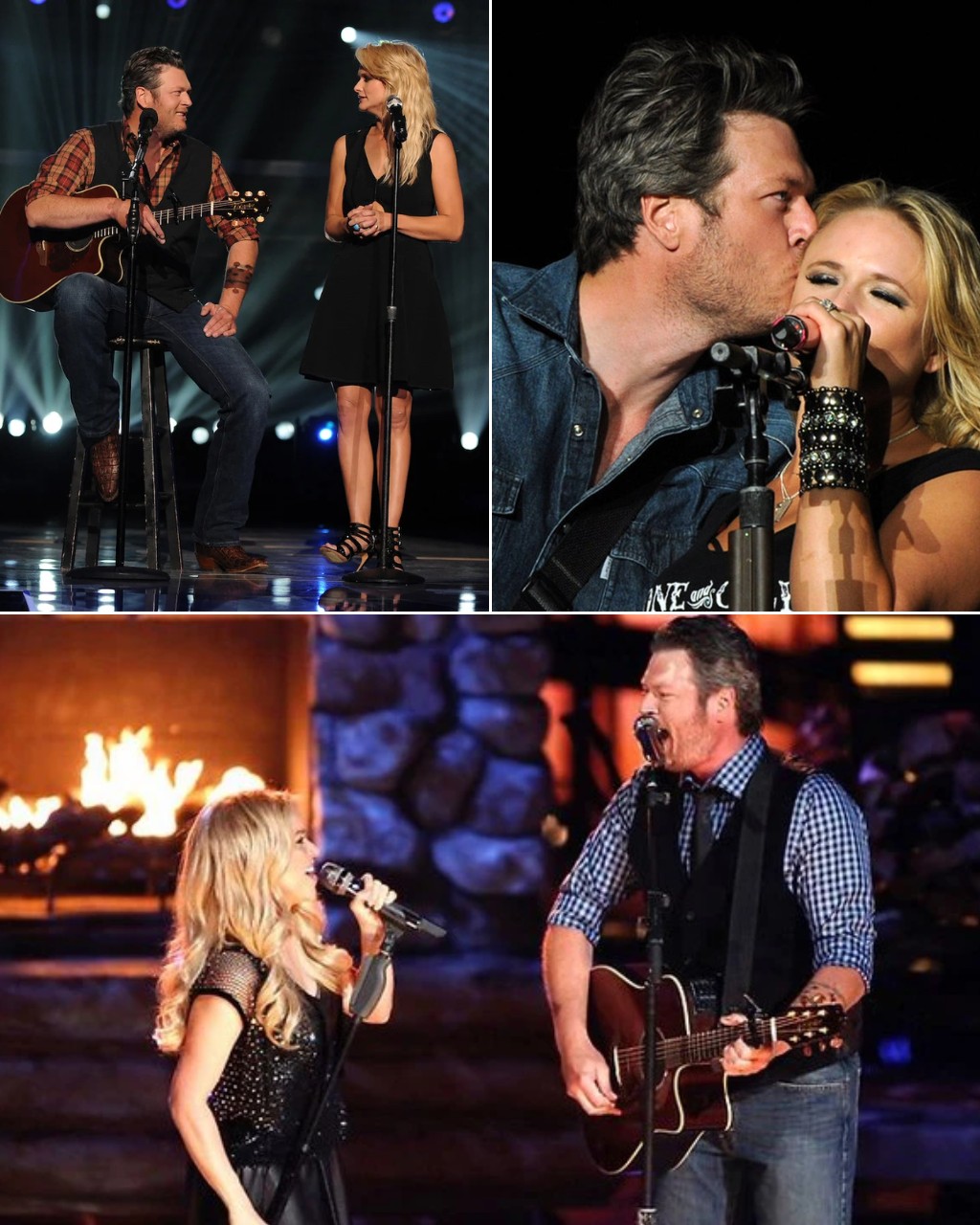On July 24, 1997, George Harrison stepped into a small studio in New York City—not as a rock legend, but as a friend, a producer, and a humble musician. There were no flashing lights, no thunderous applause, no massive crowds. Instead, there was a serene atmosphere inside VH1’s studio, where Harrison accompanied his lifelong friend and Indian music pioneer Ravi Shankar to promote their collaborative project, Chants of India.
Harrison hadn’t come to perform his own work. He was there in support of Shankar, having produced the album and played on it. But when asked if he’d sing a song or two, George quietly agreed. What followed was a moment of quiet magic—one that would go down as his final public performance.
Sitting on a stool with just his acoustic guitar, Harrison played “All Things Must Pass,” the hauntingly beautiful title track from his 1970 solo debut. Stripped of production, the song felt even more intimate—its message of impermanence echoing louder than ever. His voice, tinged with age and soul, seemed to float between realms, offering both comfort and a subtle sense of closure.
Then came a surprise: “Any Road,” a playful, philosophical tune he’d started writing back in 1988. He had never performed it live before—and never would again. It became a hidden gem in his repertoire until it surfaced posthumously in 2003 on Brainwashed, the final album he left behind.
The performance was raw and disarmingly honest. Just George, his guitar, and a room filled with quiet admiration. When he finished, he smiled wryly and said, “I could go home and practice a bit and do it properly.” It was classic Harrison—unassuming, self-effacing, and utterly sincere.
The event, later aired as The George & Ravi Show and hosted by John Fugelsang, marked the last time Harrison would sing in public. Four years later, in November 2001, the world would say goodbye to the quiet Beatle after his long battle with cancer.
In just two songs, George Harrison distilled everything that defined him: spiritual wisdom, gentle humor, and a heartfelt authenticity that couldn’t be faked. No grand finale. No encores. Just a soft-spoken farewell that, like much of his work, lingers long after the music fades.
